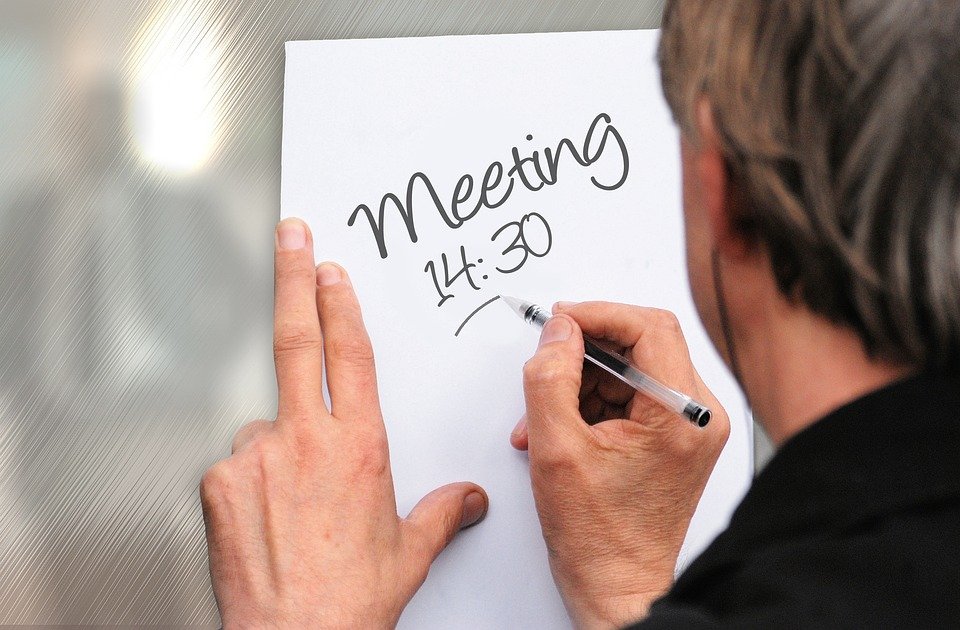Whistleblowing in the Modern Age: Exposing Hidden Truths
Introduction
Whistleblowing is the act of revealing hidden truths or exposing misconduct within an organization. It plays a crucial role in ensuring transparency, accountability, and ethical practices in both public and private sectors. In the modern age, with the rise of digital technologies and interconnected communication systems, whistleblowing has become more prevalent and impactful. This article explores the significance of whistleblowing in the current era, its impact on society, and the challenges faced by whistleblowers.
The Evolution of Whistleblowing
Whistleblowing is not a new phenomenon; it has a long history dating back centuries. However, the methods and means of whistleblowing have evolved significantly in recent years. In the past, whistleblowers often faced significant personal risks and had limited avenues to expose wrongdoing. Today, with the advent of social media, encrypted messaging apps, and secure platforms, whistleblowers have more accessible and anonymous channels to disclose information.
The Power of Whistleblowing
The modern age has witnessed several high-profile cases where whistleblowers have played a pivotal role in exposing hidden truths. Perhaps the most famous example is Edward Snowden, who leaked classified documents in 2013, revealing mass surveillance programs operated by intelligence agencies. This revelation sparked a global conversation on privacy, government surveillance, and the balance between national security and individual rights.
Whistleblowing not only holds organizations accountable but also helps prevent corruption, fraud, and other illegal activities. It empowers individuals to take a stand against wrongdoing, making them agents of change. Through the exposure of hidden truths, whistleblowers contribute to a more transparent and just society.
The Challenges Faced by Whistleblowers
While whistleblowing plays a crucial role in uncovering hidden truths, it is not without challenges. Whistleblowers often face severe consequences for their actions, including professional and personal retaliation. Many whistleblowers have lost their jobs, faced legal battles, or even experienced threats to their safety.
Moreover, society’s perception of whistleblowers can be mixed. Some see them as heroes, while others view them as traitors or troublemakers. This societal stigma can make it difficult for individuals to come forward with valuable information, fearing the potential consequences.
Protecting Whistleblowers
Recognizing the importance of whistleblowing, governments and organizations around the world are implementing measures to protect whistleblowers. Whistleblower protection laws have been enacted to safeguard individuals who expose wrongdoing from retaliation, ensuring their anonymity and offering legal support.
Furthermore, organizations are establishing internal reporting mechanisms and whistleblower hotlines to encourage employees to report misconduct internally. By doing so, organizations can address issues internally, rectify problems, and prevent the need for public whistleblowing.
FAQs About Whistleblowing
1. What is the definition of whistleblowing?
Whistleblowing is the act of revealing hidden truths or exposing misconduct within an organization, often at personal risk, with the aim of promoting transparency and accountability.
2. What motivates whistleblowers?
Whistleblowers are typically driven by a sense of justice, ethical responsibility, or a desire to protect the public interest.
3. Are there legal protections for whistleblowers?
Yes, many countries have enacted whistleblower protection laws to shield individuals from retaliation and provide legal support.
4. Can whistleblowing be done anonymously?
Yes, with advancements in digital technologies, whistleblowing can often be done anonymously through secure platforms and encrypted communication channels.
5. What impact does whistleblowing have on organizations?
Whistleblowing can lead to significant reputational damage for organizations involved in misconduct. It also provides an opportunity for organizations to rectify issues, enhance transparency, and improve ethical practices.
Conclusion
Whistleblowing in the modern age has become a powerful tool for exposing hidden truths and ensuring transparency and accountability. Despite the challenges faced by whistleblowers, they continue to play an essential role in safeguarding public interest and holding organizations accountable for their actions. With the ongoing efforts to protect whistleblowers and promote internal reporting mechanisms, the modern era offers a more favorable environment for individuals to come forward and expose wrongdoing. As a society, we must recognize the significance of whistleblowing and support those who have the courage to reveal hidden truths.

